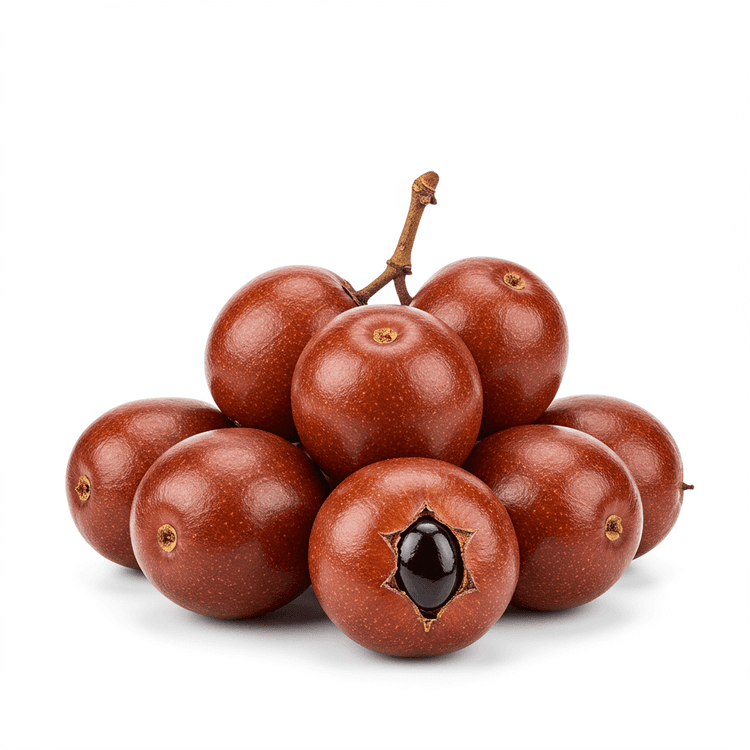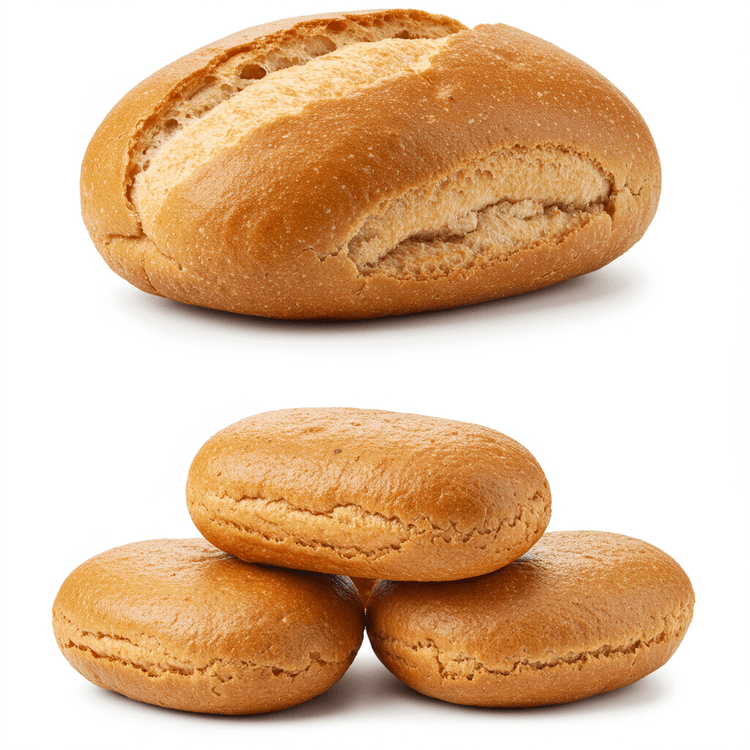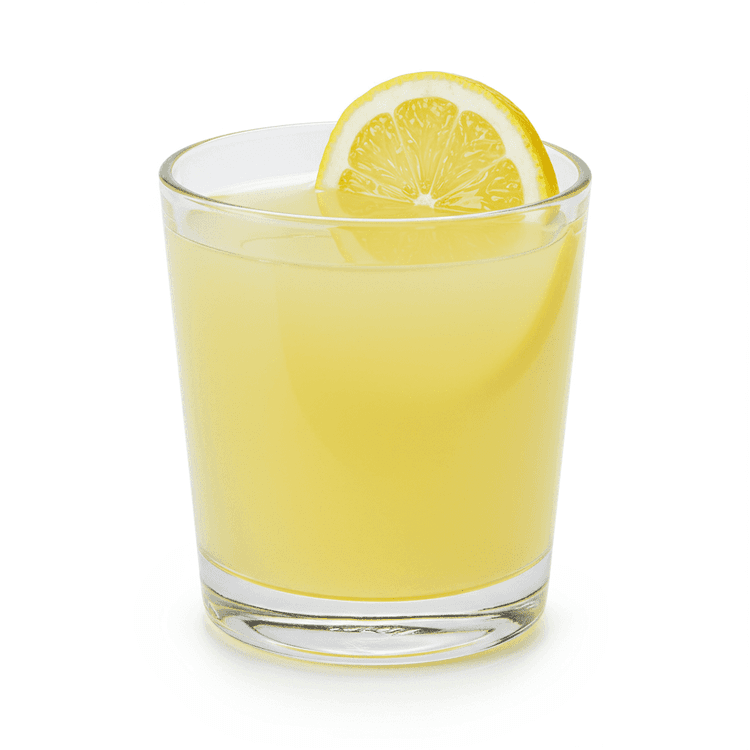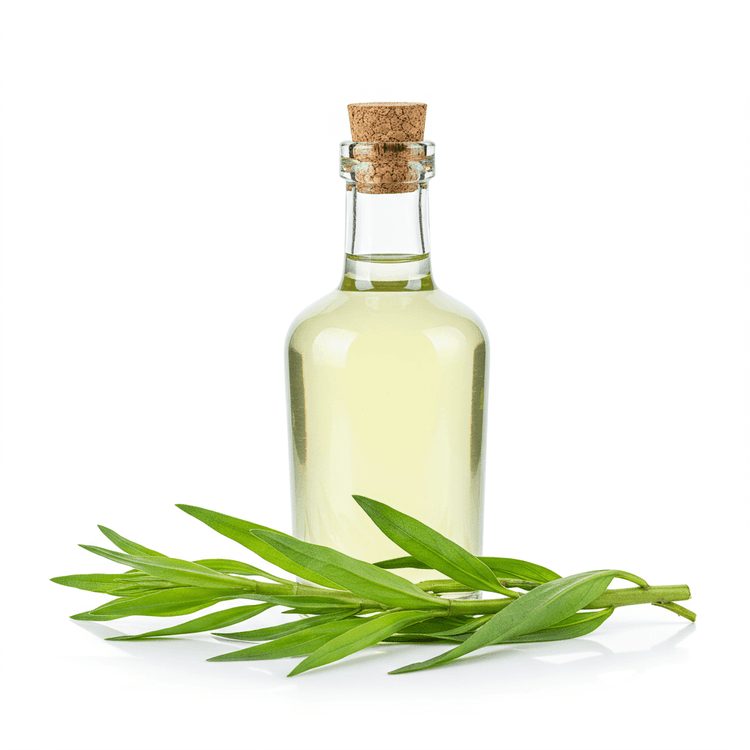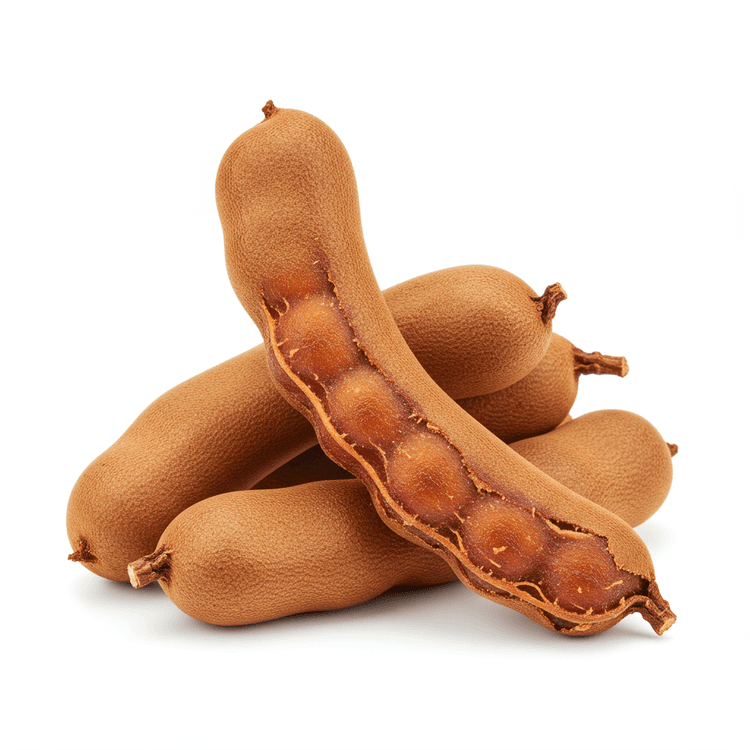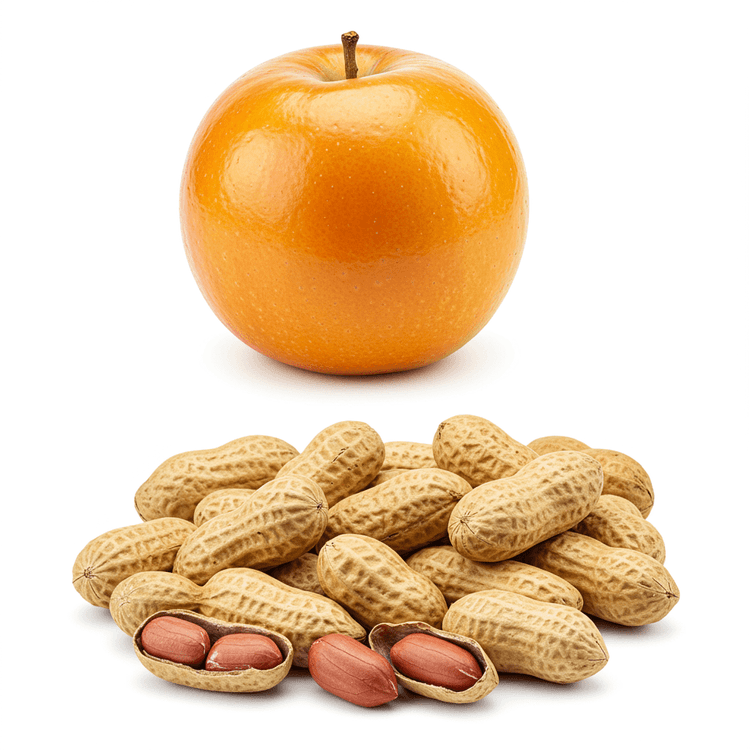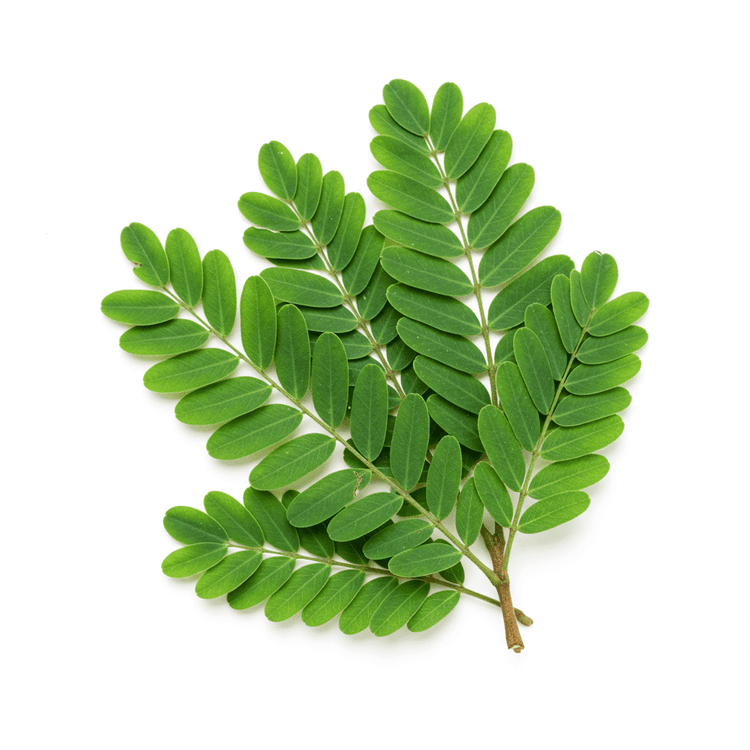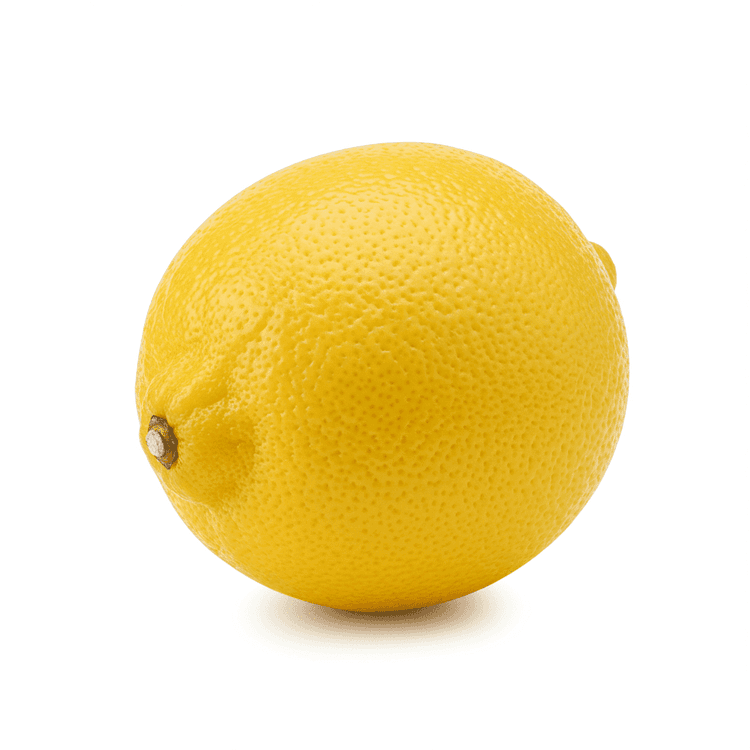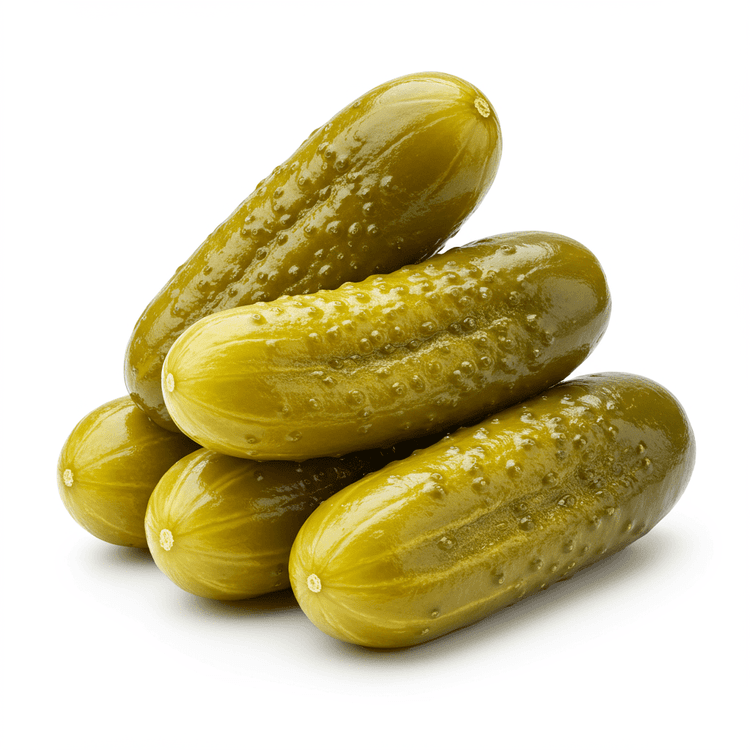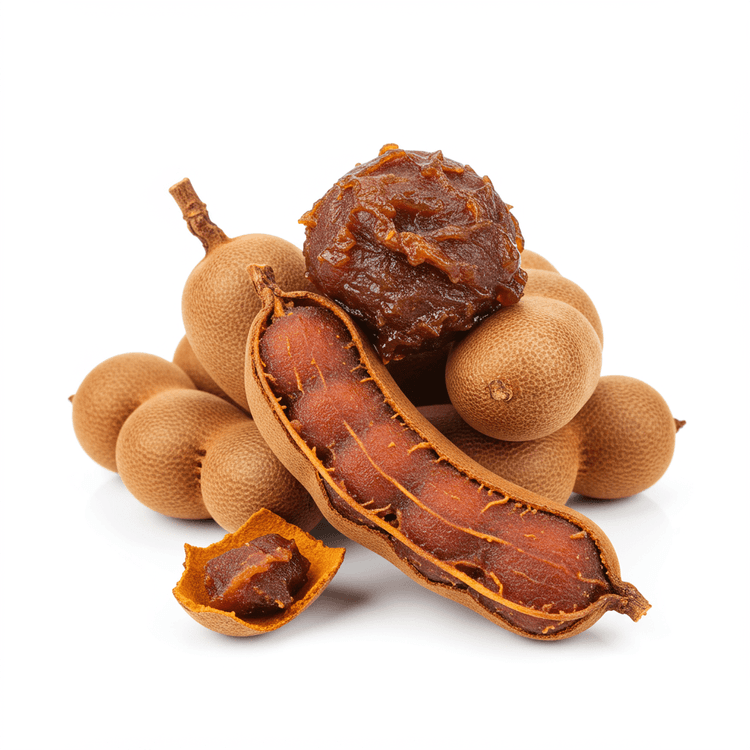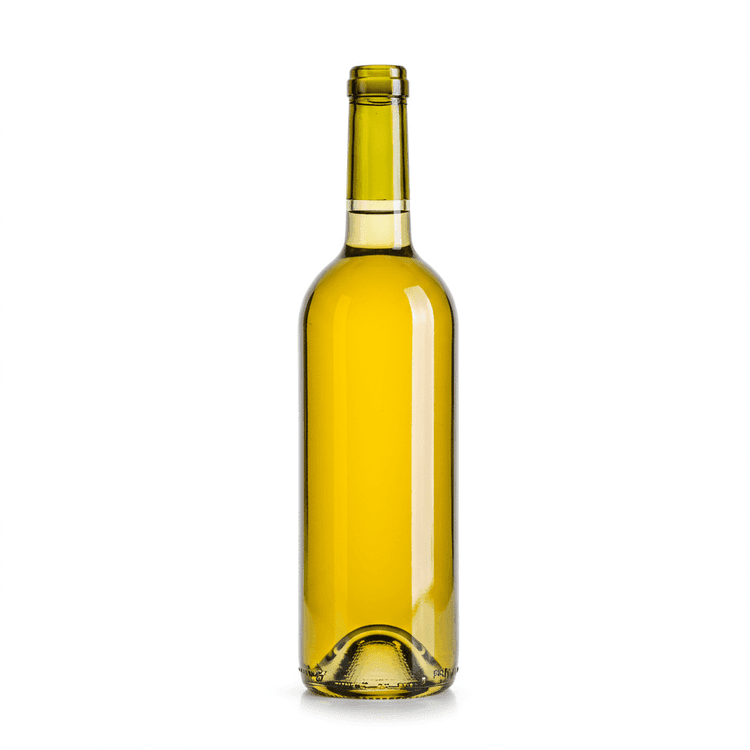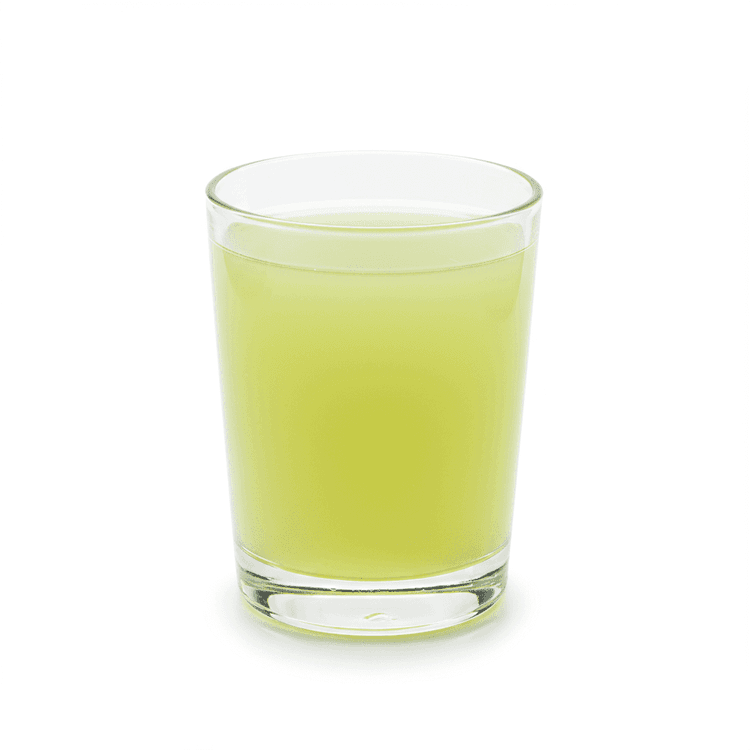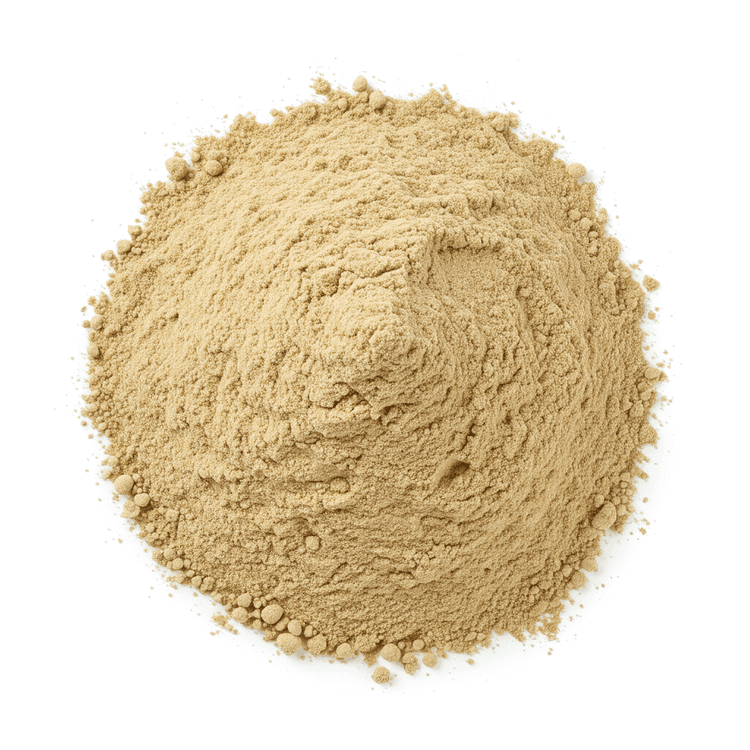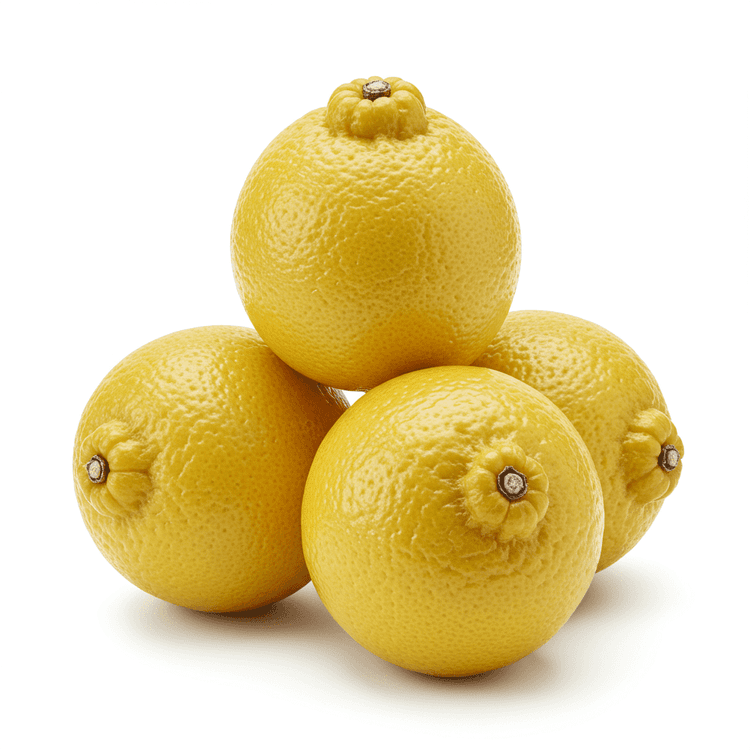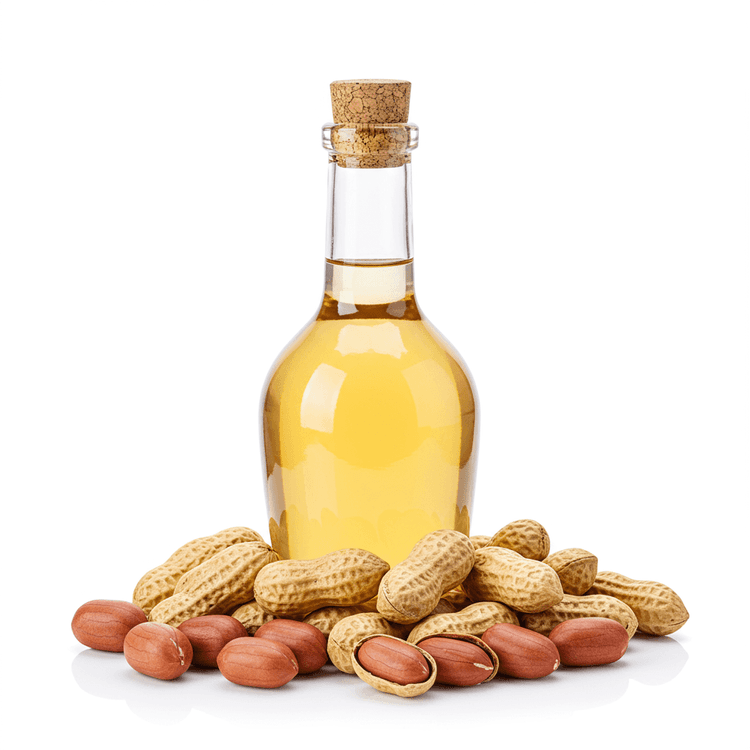
Vinegar
Vinegar is a versatile liquid ingredient characterized by its sour or acidic flavor. It's created through the fermentation of ethanol by acetic acid bacteria. Ranging in color from clear to deep brown, vinegar's sharpness depends on its acidity level. It is widely used to enhance the taste of a dish and its unique properties make it an essential component in cooking, pickling, and preservation.
Common Uses
- Vinegar is frequently used as a key ingredient in salad dressings and marinades, providing a tangy counterpoint to oils and other flavorings, and tenderizing meats.- Use vinegar for pickling vegetables, fruits, and even eggs, extending their shelf life and imparting a distinctive sour flavor and crisp texture. - A splash of vinegar can be used to deglaze pans, lifting flavorful browned bits and creating a rich sauce for meat, poultry, or vegetables. - Many bakers use a touch of vinegar in baking recipes, where its acidity can help activate baking soda, resulting in a lighter, more tender crumb in cakes and quick breads. - Vinegar acts as a preservative in chutneys, relishes, and sauces, preventing spoilage and contributing to the overall flavor profile.- It can be used to tenderize meat by breaking down muscle fibers.
Health Benefits
- May help regulate blood sugar levels after meals.
- Contains acetic acid, which may aid in weight management by promoting satiety.
- Some types of vinegar contain probiotics, supporting gut health.
- Possesses antimicrobial properties, potentially inhibiting harmful bacteria.
- Can improve mineral absorption from foods, like calcium.
- May help lower cholesterol levels.
Substitutes
Chefadora AI is here.
Experience smarter, stress-free cooking.
Storage Tips
Vinegar is best stored in a cool, dark place away from direct sunlight and heat. An unopened bottle of vinegar has a very long shelf life and can last for years. Once opened, it is best to keep it tightly sealed to prevent evaporation and maintain its flavor. While some vinegars might develop sediment over time, this is harmless and does not affect the quality. Neither refrigeration nor freezing is necessary for most types of vinegar; however, wine vinegars sometimes benefit from refrigeration after opening.
Marnirni-apinthi Building, Lot Fourteen,
North Terrace, Adelaide, South Australia, 5000
Australia
